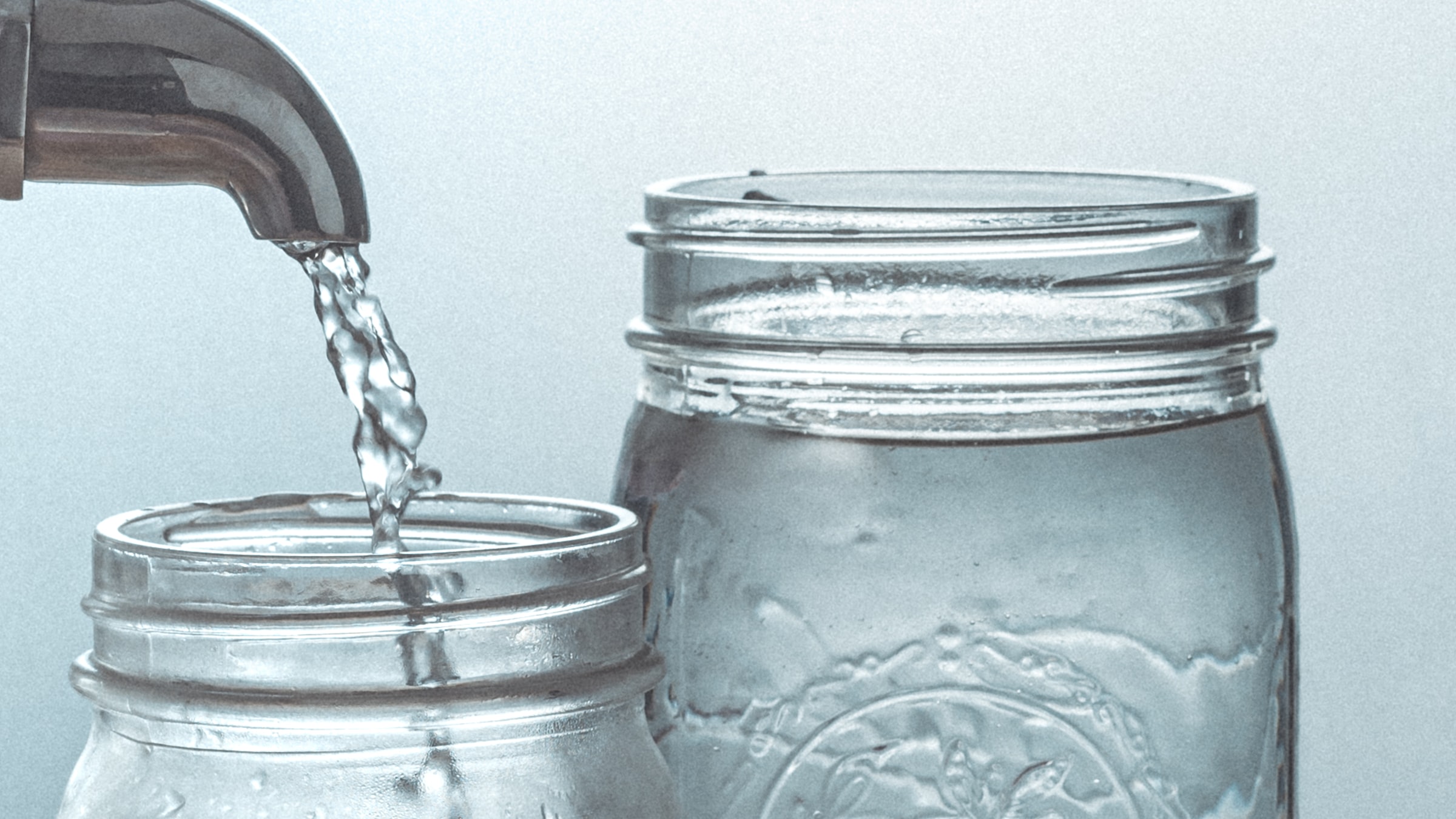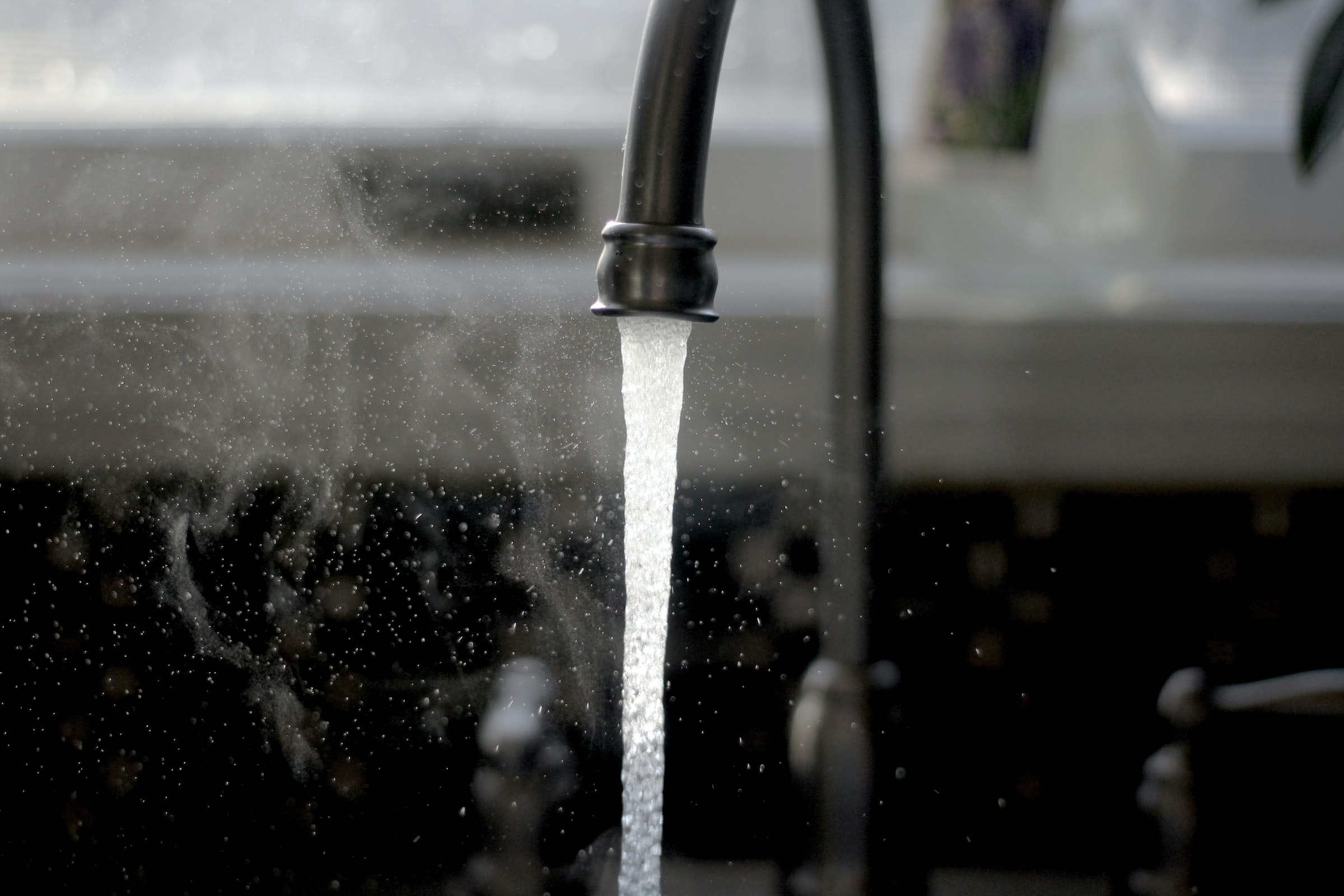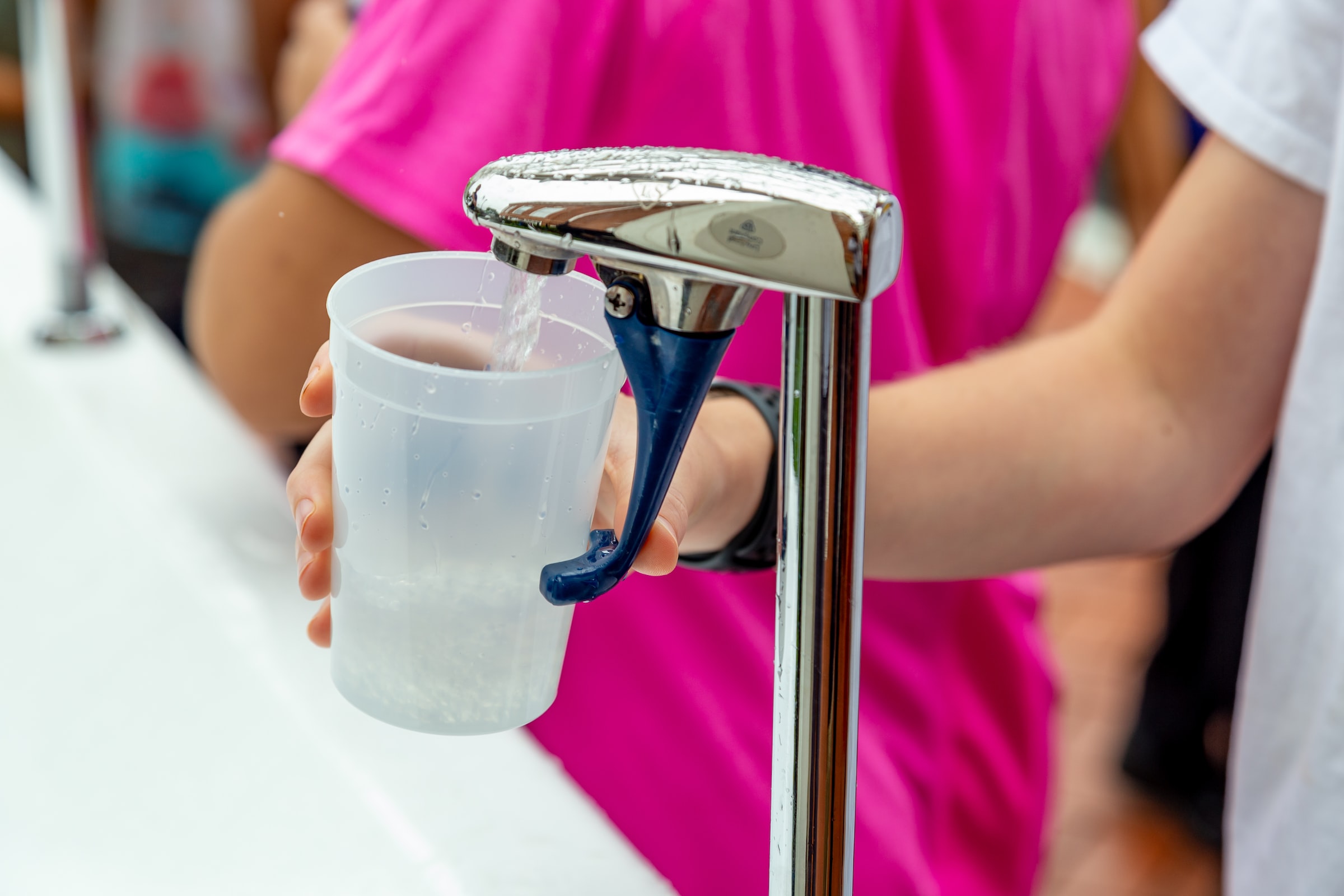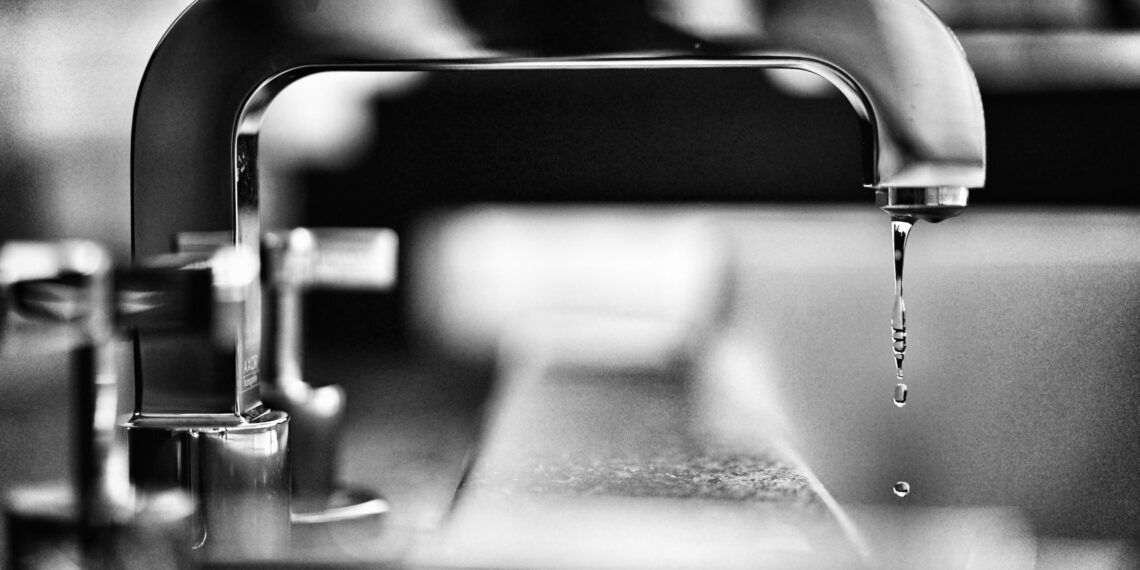The water softener market is growing rapidly and there are a lot of options on the market for those looking to buy one. In this article, we are going to take a look at the different types of water softeners on the market and decide which one is best for you. We will also give you a guide on how much each type costs and when you should buy it. So keep reading!

What are the Benefits of Water Softeners?
There are many benefits to having a water softener in your home. Some of the benefits include:
– Reduced sediment build-up in water systems.
– Reduced scale formation in pipes and tanks.
– Reduced maintenance costs.
– Improved water quality.
Water softeners are a much better option than using tap water, especially if you have hard water. They can help to improve the quality of your water, reduce sediment build-up, and reduce the need for maintenance.
What are the Types of Water Softeners?

There are a few different types of water softeners on the market, each with its own benefits and drawbacks. Water softeners can be divided into two main categories: mechanical and electronic.
– Mechanical water softeners use spinning disks or chambers to remove minerals from the water. They are usually cheaper than electronic water softeners, but they have one disadvantage: they can’t soften high-chlorine water.
– Electronic water softeners work by using an electric current to break down the minerals in the water. They’re usually more expensive than mechanical water softeners, but they can soften high-chlorine water. They also have one advantage over mechanical water softeners: they can be used to soften any type of water, not just hard or cold water.
If you want to soften hard or coldwater, a traditional home water filtration system may be a better solution than a water softener.
How Much Do Water Softeners Cost?
There is a lot of debate about whether or not water softeners are actually worth it. While some people believe that they are necessary, others think that they are simply a waste of money.
Water softeners cost anywhere from $100 to $1,000, and the price can depend on the type of machine that you buy. They can also take up a lot of space, so it is important to factor that in when you are deciding whether or not to purchase one.
The main benefit of water softeners is that they reduce the amount of hardness in your water. This can help to improve the taste and make the water more comfortable to drink. They can also help to prevent pipes from becoming clogged and causing flooding.
However, there are drawbacks to water softeners. They can be difficult to install, and they can also be noisy. If you aren’t careful, they can also damage your plumbing system. Overall, water softeners are an option that should be considered if you want to improve the quality of your water without having to spend a lot of money.
Is a Water Softener Really Needed in My Home?

A water softener is a device that removes hardness and mineral build-up from water. This can help to improve the taste of water, make it more comfortable to drink, and reduce the amount of calcium in water.
There is no one-size-fits-all answer to this question. Each person’s needs will be different, so it’s important to consult with a professional before making a decision about whether or not a water softener is necessary in your home. Some factors to consider include the type of water filtration system you have in place, the hardness of your water, and your budget.
Why Install a Water Softener?
Water softeners are often installed in homes because they are believed to be a way to soften water and improve its quality. However, is this really the case?
There are a few reasons why water softeners may be beneficial. One reason is that soft water is easier to clean. Hard water can build up on surfaces, making them difficult to clean. Soft water also doesn’t cause buildup in filters and appliances, which can lead to decreased efficiency and longer-term costs.
Another reason to install a water softener is that it can help reduce the amount of salt in your home’s water supply. Many people believe that too much salt in the water can damage pipes and appliances. A water softener can help reduce the amount of salt in your home’s water supply, which will likely result in lower levels of corrosion.
So, while there are benefits to installing a water softener, it’s important to consider all of your options before making a decision.
The Best Water Softeners to Buy in 2023
According to expertreviews.co.uk, top 5 water softeners in 2023 are:
- Water2Buy W2B200: Best water softener for medium-sized households.
- Best Water Technology WS755: Best water softener for large households.
- Monarch Water Ultra HE: Best battery-operated water softener.
- Eddy Electronic Water Softener: Best water softener for ultimate ease.
- BWT WS455: Best water softener for easy install.
If you’re not sure whether or not a water softener is right for you, it’s always best to speak with a professional.
Conclusion
If you’re looking to save money on your water bill, but aren’t entirely sure if a water softener is the right solution for you, read on for our definitive guide. In 2023, it’s estimated that over 50% of Americans will have access to water softeners – so it’s worth taking the time to understand which type is best for your home and budget. Whether you’re looking to replace an aging system or just add an extra layer of protection against mineral buildup, this guide will help you decide if a water softener is right for you.





